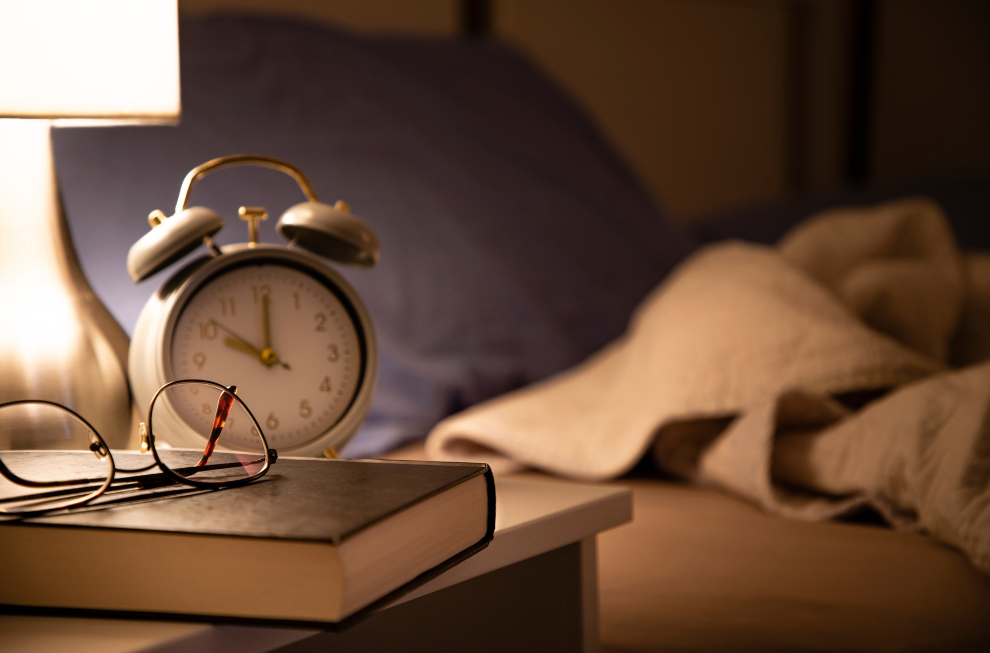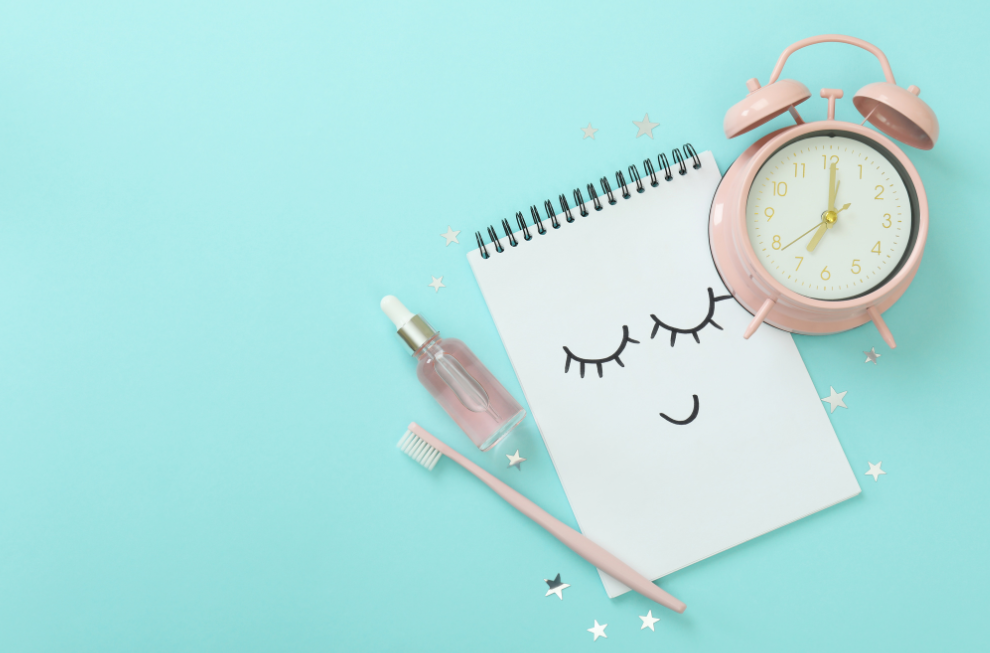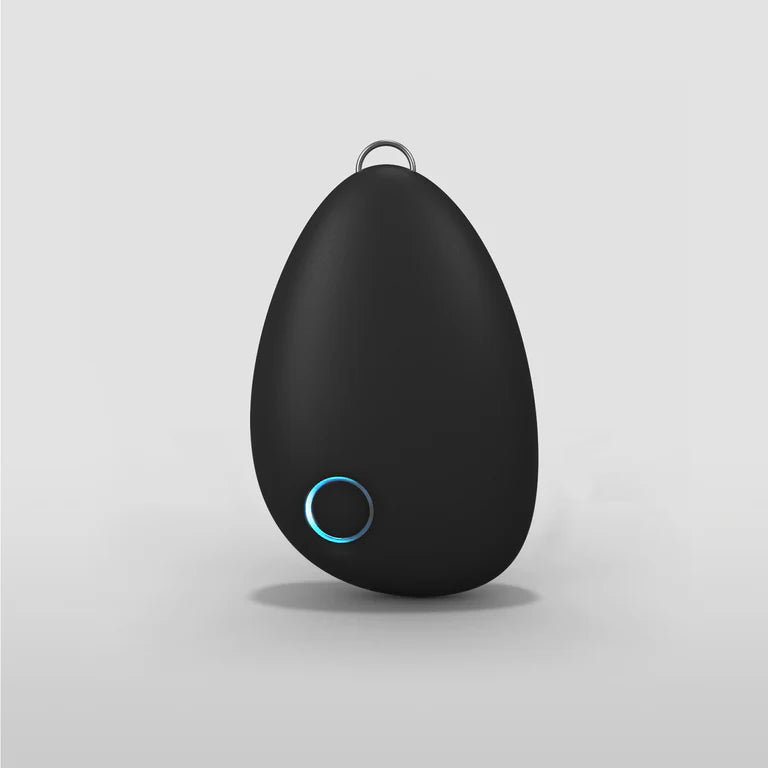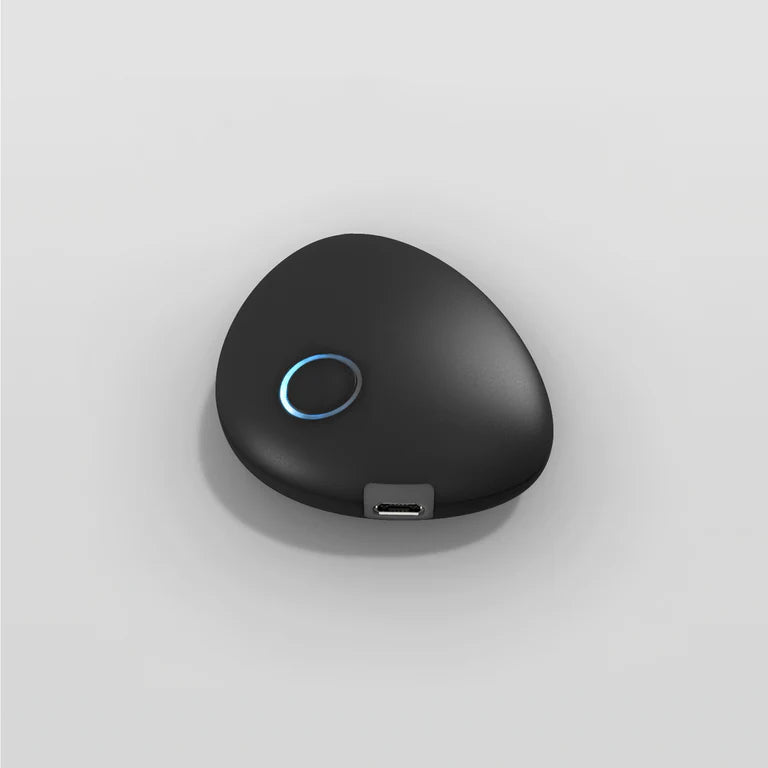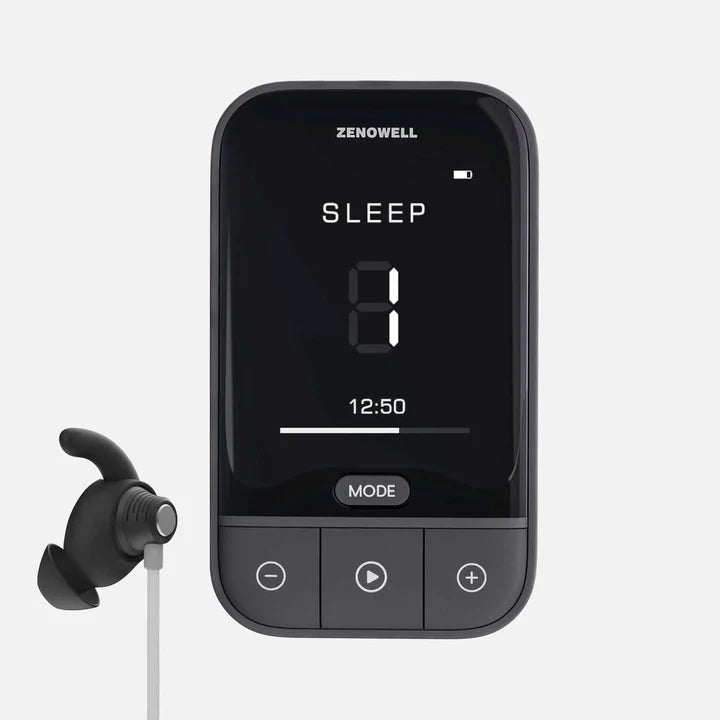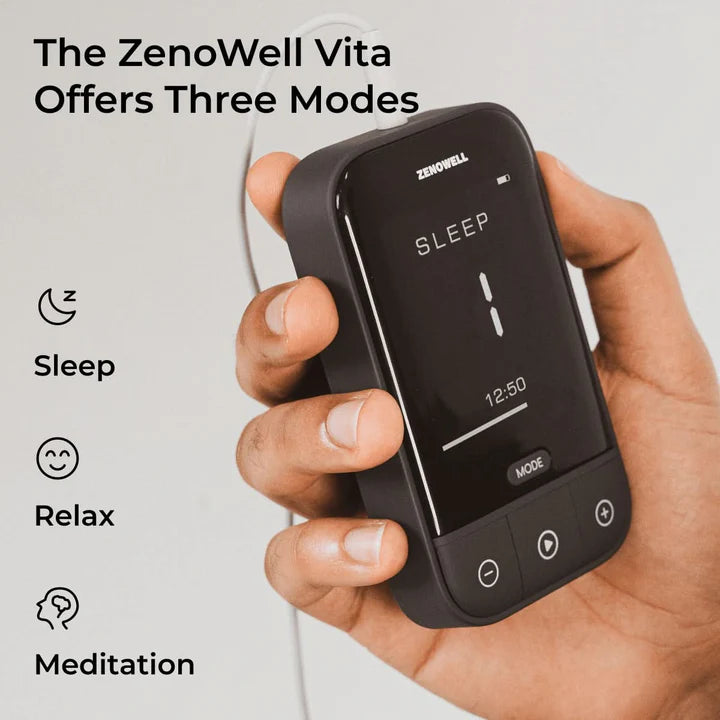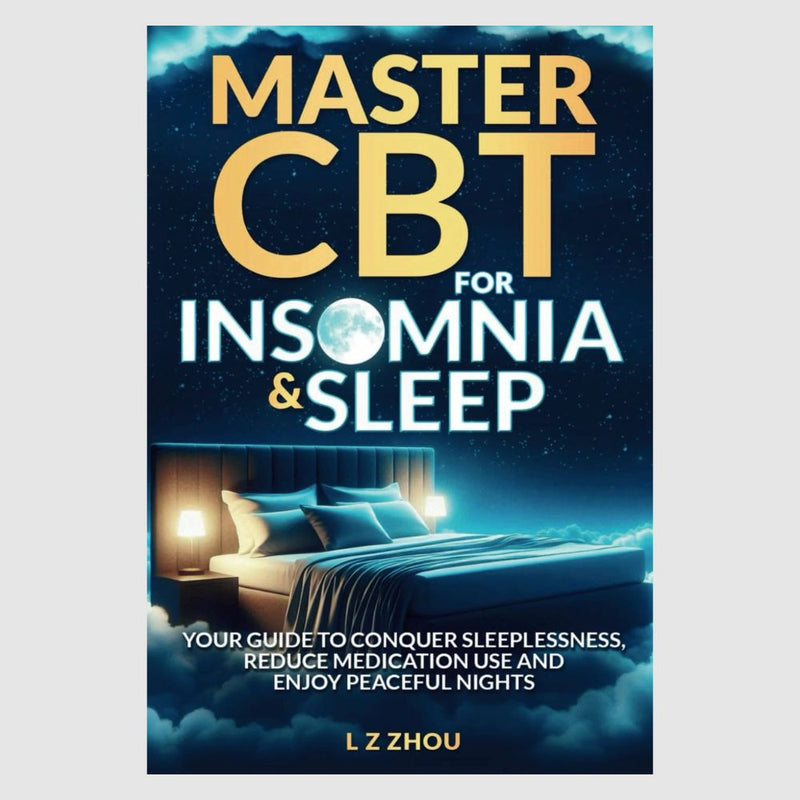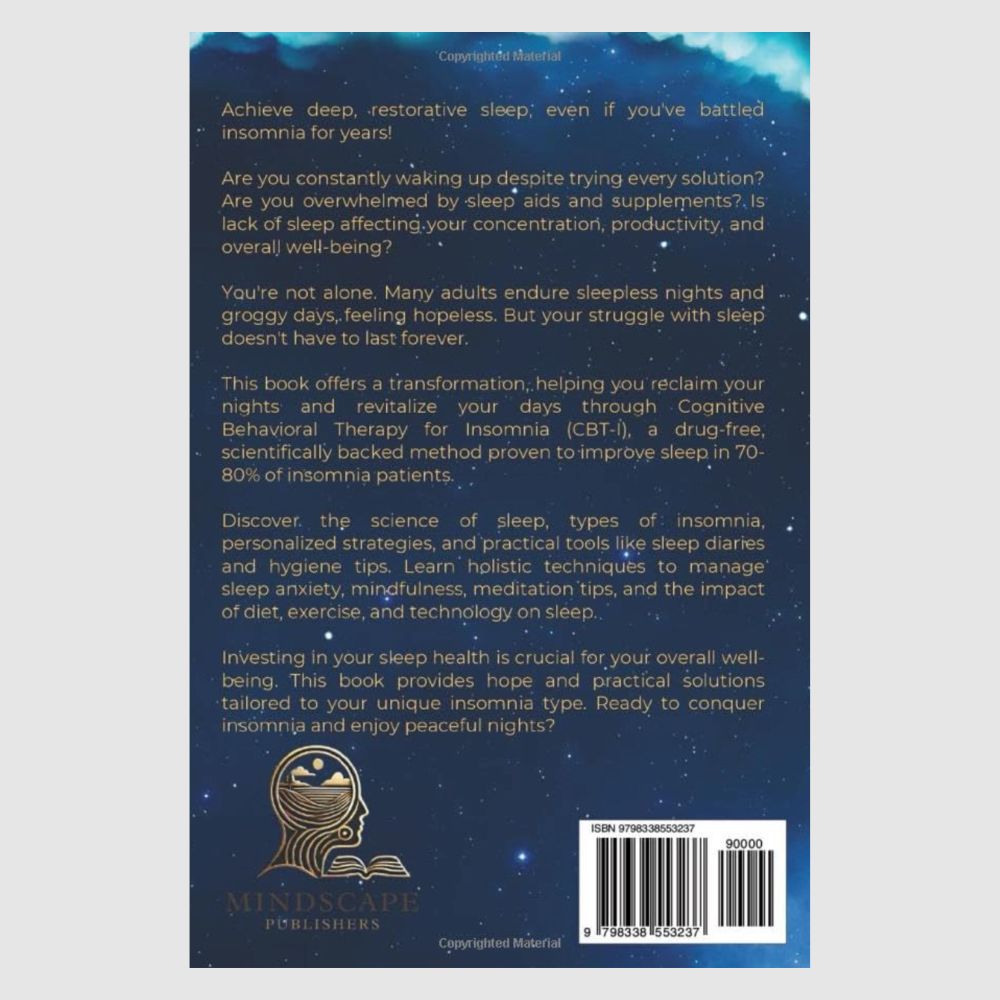Anxiety disorders and sleep disorders are common health problems that often happen together. When they do, they can create a cycle that makes both worse, affecting a person’s overall well-being.
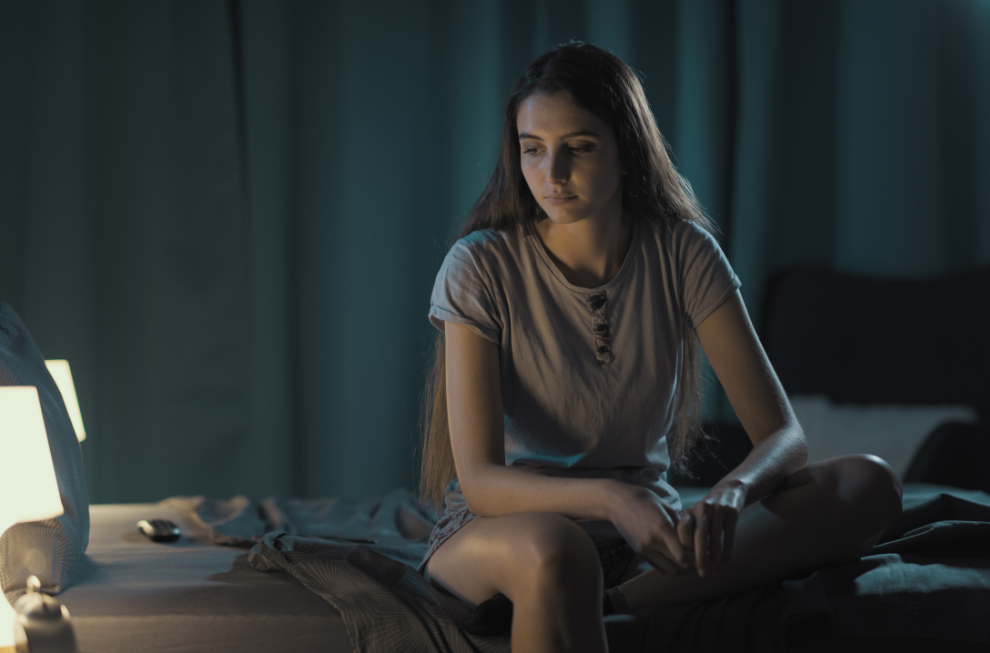
Understanding the Link Between Anxiety Disorders and Sleep Disorders
Anxiety disorders and sleep disorders are common health problems that often happen together. When they do, they can create a cycle that makes both worse, affecting a person’s overall well-being.
Learning how these conditions are connected is important for finding effective treatments and improving quality of life. This article explains the link between anxiety and sleep problems and shares research-based insights on treatment options.
How Common Are Anxiety and Sleep Disorders?
Anxiety disorders are very common, affecting about 1 in 5 adults in Western countries. These include conditions like generalised anxiety disorder (GAD), panic disorder, and social anxiety disorder. People with anxiety disorders often have ongoing worry or fear that is hard to control.
Sleep disorders, like insomnia, sleep apnea, and restless legs syndrome, affect more than 1 in 4 adults. Research shows that anxiety and sleep disorders often overlap. Anxiety can make it hard to sleep, and poor sleep can increase anxiety.
How Anxiety Affects Sleep
Anxiety can make it hard to fall asleep or stay asleep. People with GAD may have racing thoughts or worry a lot at bedtime, which delays sleep. Panic attacks can even happen during sleep, causing sudden wake-ups.
Anxiety also affects sleep quality. Studies show that people with anxiety often get less deep sleep (slow-wave sleep) and more light sleep (stages 1 and 2). This leads to tiredness during the day and can make anxiety worse, creating a cycle that feeds itself.
How Sleep Disorders Affect Anxiety
Sleep problems can also increase anxiety. Insomnia, which is trouble falling or staying asleep, is very common in people with anxiety. Not getting enough sleep raises the body’s stress response and increases cortisol, the stress hormone, which makes anxiety worse.
Sleep apnoea, where breathing stops and starts during sleep, can also increase anxiety. Low oxygen and frequent wake-ups can change mood and make anxiety worse. Feeling sleepy and having trouble thinking during the day makes it harder to handle stress, which adds to anxiety.
The Biological Connection
Anxiety and sleep problems share some of the same biological causes. Both involve issues with the hypothalamic-pituitary-adrenal (HPA) axis, which controls the body’s stress response. Overactive HPA activity raises cortisol levels, contributing to anxiety and sleep problems.
Neurotransmitters like serotonin and GABA are also involved. Serotonin helps regulate mood and the sleep-wake cycle. GABA helps the body relax and sleep. Imbalances in these chemicals can contribute to both anxiety and sleep disorder.
Treatment Approaches
Treating both anxiety and sleep problems often works best when both conditions are addressed together.
- Cognitive-behavioural therapy for insomnia (CBT-I): This therapy uses techniques like sleep restriction, stimulus control, and relaxation training to improve sleep and reduce anxiety.
- Medications: Some drugs, like SSRIs and benzodiazepines, can help with both anxiety and sleep problems. They must be used carefully because of side effects and dependence risks.
- Lifestyle changes: Keeping a regular sleep schedule, reducing caffeine and alcohol, practicing mindfulness meditation, exercising, and eating a balanced diet can all help improve sleep and lower anxiety.
Anxiety and sleep problems are closely linked, each able to make the other worse. Understanding this connection is key to effective treatment. Combining therapy, medications, and healthy lifestyle changes can improve sleep, reduce anxiety, and boost overall quality of life.
References
- Facts & Statistics. Anxiety and Depression Association of America. https://adaa.org/understanding-anxiety/facts-statistics
- Sleep Disorders. American Sleep Association. https://www.sleepassociation.org/patients-general-public/what-are-sleep-disorders/
- Generalised Anxiety Disorder and Sleep. National Institute of Mental Health. https://www.nimh.nih.gov/health/statistics/generalized-anxiety-disorder
- Harvey, Allison G. "Insomnia, psychiatric disorders, and the transdiagnostic perspective." Current Directions in Psychological Science, vol. 17, no. 5, 2008, pp. 299-303.
- The Role of Cortisol in Anxiety and Insomnia. Sleep Foundation. https://www.sleepfoundation.org/insomnia/role-cortisol-anxiety-and-insomnia
- Sleep Apnea and Anxiety: Understanding the Connection. American Academy of Sleep Medicine. https://aasm.org/sleep-apnea-and-anxiety/
- Cognitive Behavioural Therapy for Insomnia (CBT-I). Mayo Clinic. https://www.mayoclinic.org/tests-procedures/cognitive-behavioral-therapy-for-insomnia/about/pac-20384938
Stress can make it hard to sleep. When stress builds up over time, it can cause insomnia and other sleep problems, making your health worse. Using relaxation techniques before bed can help calm your mind and improve your sleep.
Read More
Related Products
- Regular Price
- from $50.00
- Sale Price
- from $50.00
- Regular Price
-
- Unit Price
- per
